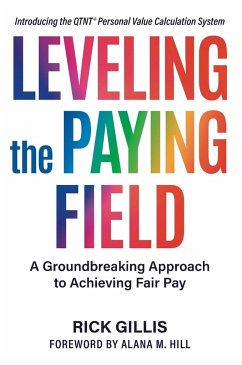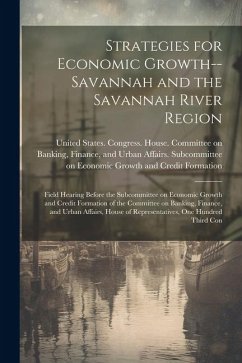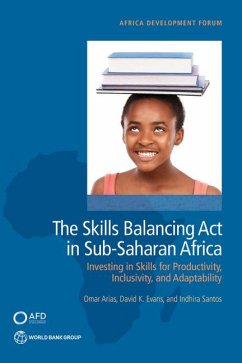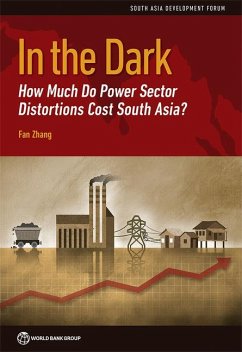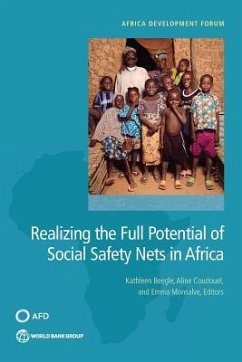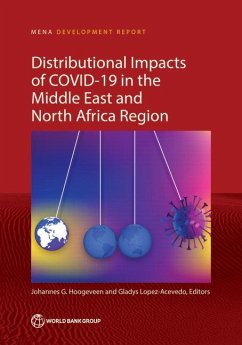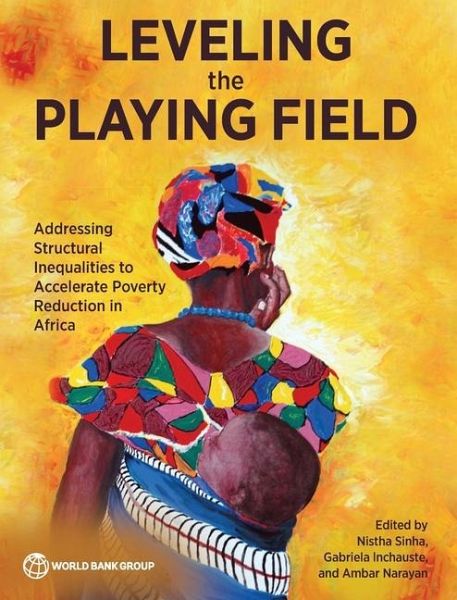
Leveling the Playing Field
Addressing Structural Inequalities to Accelerate Poverty Reduction in Africa
Versandkostenfrei!
Versandfertig in über 4 Wochen
34,99 €
inkl. MwSt.

PAYBACK Punkte
17 °P sammeln!
This new report provides an up-to-date ?big picture? on poverty and equity in the region. This is ecessary as the lingering effects of the COVID-19 pandemic, interacting with subsequent global shocks, have compounded pre-existing challenges faced by the region, even as climate change and conflict pose systemic risks to poverty reduction.



